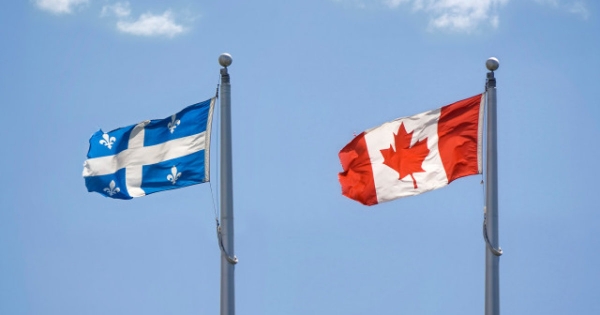The existence of McGill’s Quebec Studies Program is currently up for debate, due to its low registration rates. It may seem logical to cut a niche program that does not attract many students. Quebec Studies is particularly specialized—it is an interdisciplinary field that focuses on a specific locality, and because of this, it does not attract the high number of students that a broader, more popular department can. With enrollment low, the continuation of this program might seem like an unnecessary financial burden for the university. But, McGill would be remiss to cut the department, as doing so would further alienate the school and its students from Quebecois culture, politics, and history. If anything, McGill should take steps to further promote this program and grow its enrollment, because it serves as a method of communication between the University and its unique locality.
There is a marked disconnect between many McGill students and the province they live in. On campus, the lack of knowledge about the Milton-Parc Community is representative of this—students, who are transient figures by nature, often forget the history of the space they are living in. The divide between students and Montreal residents also exists along language lines. As an anglophone institution with only 20.3 per cent of its students speaking French as a first language, McGill is an uncomfortable locus point for language tensions. This is a part of the university’s legacy. In 1969, Quebec passed Bill 63, which established French as a language of education in Quebec alongside English, after massive demonstrations advocating for the officialization of the French language in the province.
One of these demonstrations took place at McGill, as francophone students demanded that the school’s official language be changed to French. The Quebec Studies program must remain as a way for the university to look critically at its role in flashpoint moments such as this, and to ask crucial questions about the intersections between education, elitism, and language in a given community. The program allows students to look at not just the university—but also the province itself—with a self-reflective, critical lens. This is possible because the program is an interdisciplinary field, where students can study Quebec’s culture and politics today alongside its history.
Beyond its contributions to academic discourse in Quebec, the program provides a bridge between students and the wider Montreal and Quebec communities. Its special status as an affiliate of the Centre for Interdisciplinary Research in Montreal allows its students to create positive ties with the city beyond the Roddick Gates. With this unique structure, the program seeks to integrate students into Quebec by providing them with local internships, connecting them with other universities, and potentially even encouraging them to stay in the province after graduation to further contribute to its communities. The Quebec Studies Program actively counters the effects of the “McGill bubble,” by establishing deep roots between its students and the province.
Universities often have to face the problem of their status within their locality: Students are ephemeral, often highly-privileged figures, with an innate disconnect from the wider context of the places they live in. Avoiding the typical university “bubble” is especially important at a school like McGill, which has historically contributed to local tensions as a massive, primarily anglophone institution within a French province. Even if enrollment in the Quebec Studies program is low right now, the program should be kept open as a sign of respect and engagement with the province it is situated in. Moreover, further efforts should be taken to promote and express its value to students. The Quebec studies program is essential because it offers a different paradigm of the university experience—one defined not by transience, but by deep connection with and understanding of the place and culture students find themselves in.








